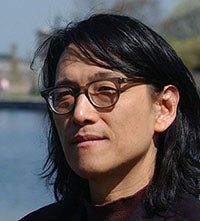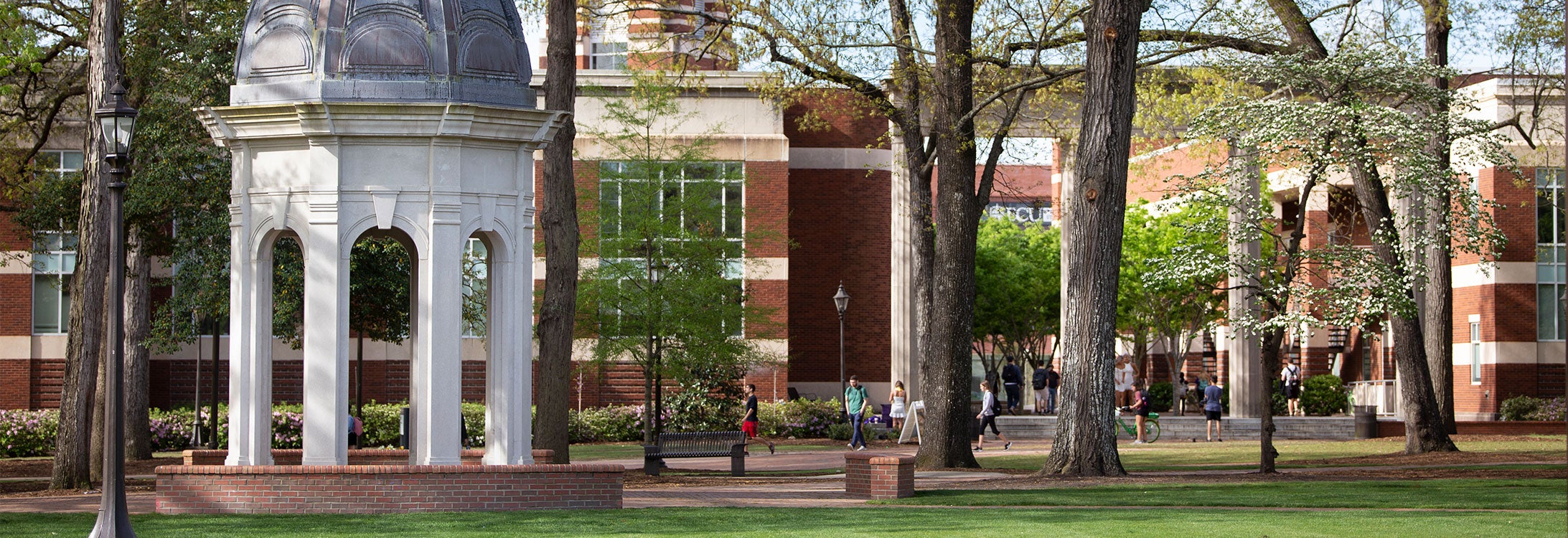October 2, 2019
Award-winning Chinese American Poet Li-Young Lee and Sitarist David Whetstone to Perform at ECU

October 30th, 7-9 pm
Main Campus Student Center, Ballroom A
ECU’s Contemporary Writers Series presents influential poet and memoirist Li-Young Lee, author of the Delmore Schwartz Memorial Poetry Award-winning collection Rose (1986); The City in Which I Love You (1990), winner of the Laughlin Award; the William Carlos Williams award-winning Book of My Nights (2001); Behind My Eyes (2008); and The Undressing (2018). He has also published a memoir, The Winged Seed: A Remembrance (1995). Of Rose, Gerald Stern writes that he “was amazed by the large vision, the deep seriousness and the almost heroic ideal” of Lee’s poetry. Publishers Weekly declared that The City in Which I Love You, a remembrance of Lee’s childhood and his father, “weaves a remarkable web of memory from the multifarious fibers of hisexperience.” ECU Professor, John Hoppenthaler, a poet influenced by Lee’s work, praises Lee’s tactile and deceptively simple language.
Lee will be joined onstage by David Whetstone, one of the most active sitarists in the United States, who has collaborated and toured extensively with poets Robert Bly and Coleman Barks since 1974, appearing with them in numerous recordings and films. Bly says of Whetsone, “I have an infinite trust in David Whetstone’s music. I’ve never met anyone more sensitive to poetry and more able to go ahead of it into realms of delight and depth. He’s a master sitarist and one of the best artists of his generation.”
The two will take the stage in the new Main Campus Student Center, Ballroom A, on Wednesday evening, October 30th at 7:00 pm. “You really don’t want to miss it,” says Hoppenthaler, “this is an event that will stick with you.”
According to the Poetry Foundation, Li-Young Lee was born in Djakarta, Indonesia in 1957 to Chinese political exiles. Lee’s great grandfather was the first president of the Republic of China, and Lee’s father had been the personal physician to Mao Zedong. Anti-Chinese sentiment began to foment in Indonesia, however, and Lee’s father was arrested and held as a political prisoner for a year. After his release, the Lee family fled through Hong Kong, Macau, and Japan, arriving in the United States in 1964. Lee and his parents moved from Seattle to Pennsylvania. Though his father read to him frequently as a child, Lee did not begin to seriously write poems until a student at the University of Pittsburgh, where he studied with Gerald Stern. Influenced by the classical Chinese poets Li Bo and Tu Fu, Lee’s poetry is noted for its use of silence and, according to Alex Lemon in the Minneapolis Star Tribune, its “near mysticism” which is nonetheless “fully engaged in life and memory while building and shaping the self from words.”
A book-signing will follow the performance. This event is free to the public and the ECU community, thanks to the Harriot College of Arts & Letters and the Department of English.
For more information, please contact: John Hoppenthaler.
- Categories:
- Events

